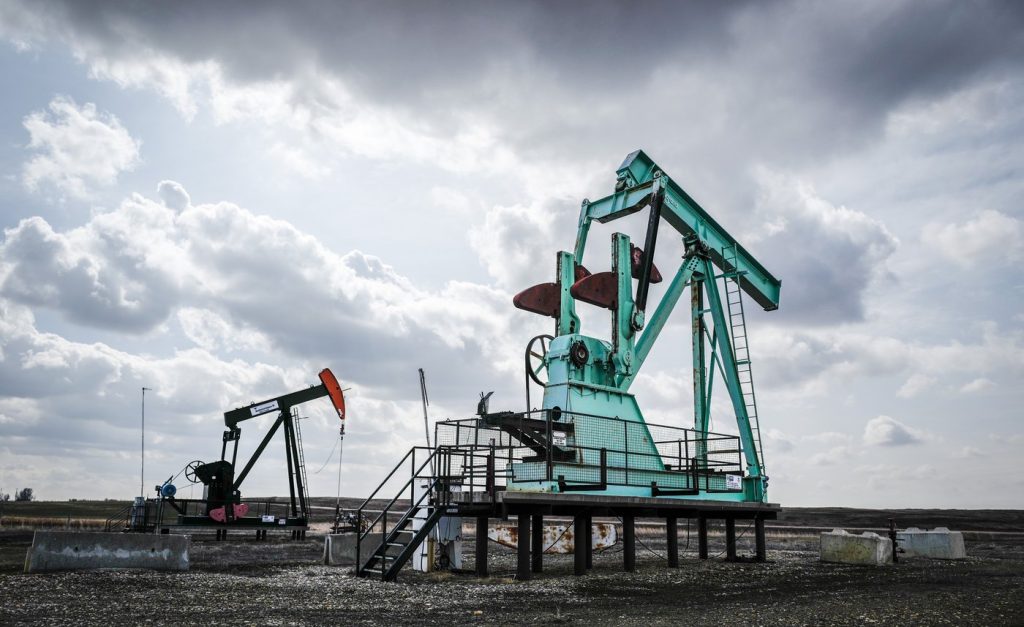CALGARY – The Canadian Association of Energy Contractors (CAEC), representing the country's oil and gas service contractors, has emphasized its key priorities for the newly re-elected Liberal government in Ottawa following the recent federal election held on April 29, 2025.
During the election campaign, both the Liberal and Conservative parties acknowledged the necessity of advancing oil and gas developments in Canada. The CAEC argues that immediate action is required to expand infrastructure projects that would bolster Canada's energy and economic security. A central demand of the association is the removal of the federal cap on emissions, which they view as a constraint on industry growth and innovation.
In addition to the emission cap, the association has called for the elimination of what it terms “greenwashing” legislation. This legislation restricts how companies can publicly communicate their environmental performance, which the CAEC believes hinders transparency and accountability within the industry. Furthermore, the CAEC is advocating for a fast-tracking of Indigenous participation in energy projects, recognizing the importance of collaboration and partnership with Indigenous communities in the development of energy infrastructure.
Liberal Leader Mark Carney, in his campaign statements, suggested that his party would focus on streamlining project reviews while maintaining the existing industrial carbon levy, emissions cap, and review legislation. In contrast, Conservative Leader Pierre Poilievre proposed a more drastic approach, pledging to eliminate these regulations entirely. Poilievre’s plan included establishing corridors where pipelines and other essential infrastructure would be pre-approved, aiming to expedite development in the oil and gas sector.
This divergence in approaches highlights the ongoing debate in Canada regarding the balance between environmental regulations and the support for the fossil fuel industry. As the country holds significant oil reserves, ranking third globally, and stands as the fourth largest oil producer in the world, the outcomes of this debate have far-reaching implications for the economy and the environment.
As the CAEC awaits the government's response to their priorities, the organization maintains that a collaborative approach involving both industry stakeholders and the government is critical for the sustainable growth of the oil and gas sector while addressing environmental concerns. The energy industry in Canada continues to navigate the complexities of regulatory frameworks, economic pressures, and the need for innovation to meet both domestic and global energy demands.











